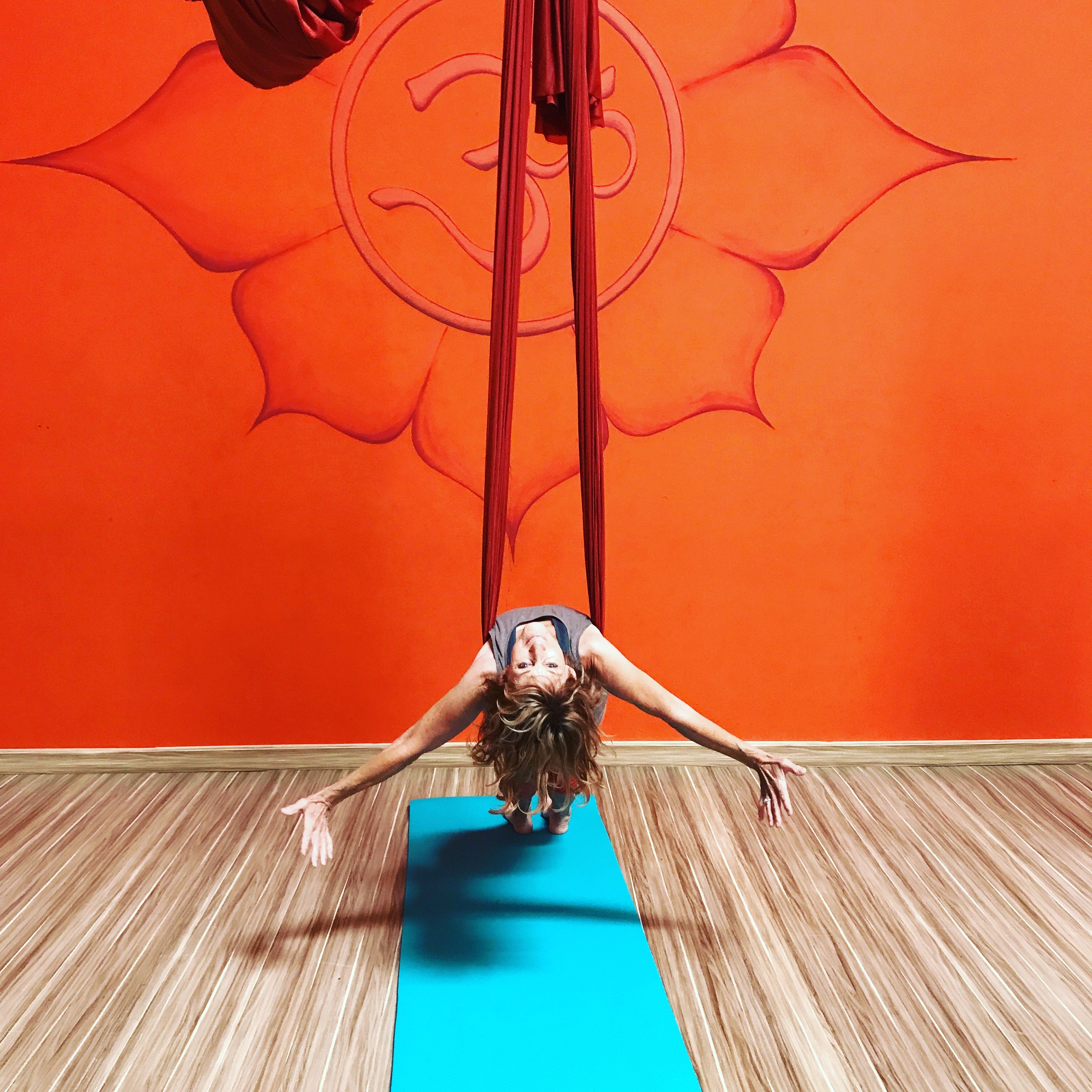Should is a word that sounds harmless enough, right? We use it all the time without really thinking about it, usually with a pie-in-the-sky, far-off, maybe some day connotation.
I “should” eat more vegetables.
I “should” work out more.
Sometimes I ask my clients, did you walk this week? And they might reply, “Not as much as I should.”
Now, we all know that words hold power, right? What we tell ourselves we start believing – whether consciously or not.
This is where my problem with the word should comes in. Whenever we use the word should, we are telling ourselves, whether consciously or unconsciously, that we have not done enough by our own standards. We put ourselves down. We feel guilt.
UK-based psychologist Sophie Mort a.k.a. Dr. Soph agrees with this. In a recent blog, she examines how “should” is a form of self-criticism, writing:
“When we criticize and reject ourselves (even in such a subtle manner as when using the word should) we create anxiety and stress in our minds and bodies. What do we know about anxiety and stress? … They shut down our brains ability to problem solve and to maintain attention to a new task.”
Why? Because should is open ended. Should has no definition, no boundaries, no absolutes, set plans, or limits.
Should can just waltz right in and start causing problems…problems like guilt, shame, not good enough, failure, can’t meet the mark. It causes us to believe that we need to do more, be more, and that we are somehow less than!
This happens because usually the things we think we should do are things we haven’t yet defined. Think about something you say “I should do more of _______.”
Is it well defined?
Well, usually, in my case, no. The should is so ambiguous that we don’t know where it ends, thus making it easy to feel endless guilt around the word should.
I like to take that ambiguous should and make it something definable, so that I know exactly what my goals are. That way, I can feel accomplished once I reach them and I can comfortably know that there’s not anything else that I should do.
For example, you can define your goals as 50 sit-ups or 10 pushups, walk 1 mile daily, eat 3 vegetables a day. Make sure they are realistic and something you can actually get done, rather than something unattainable. Even a small step in the right direction is a step – and that’s all that matters!
Once we have a goal, a definition, or a plan then we can start moving in a positive direction with some attainable actions in place. It allows us to throw away the should, and the guilt, shame, not good enough, failure, can’t meet the mark feelings that come along with it. Now we are getting somewhere!
Define your goal, make your plan, map it out—make it measurable, realistic, doable, enjoyable, and something that will bring success and satisfaction.
We know where we are going and we can start to acknowledge our wins and our accomplishments.
What is something that you are always thinking or saying you should do? How can you turn that into definable steps so that you can stop “shoulding” and start feeling better about what you accomplish?






